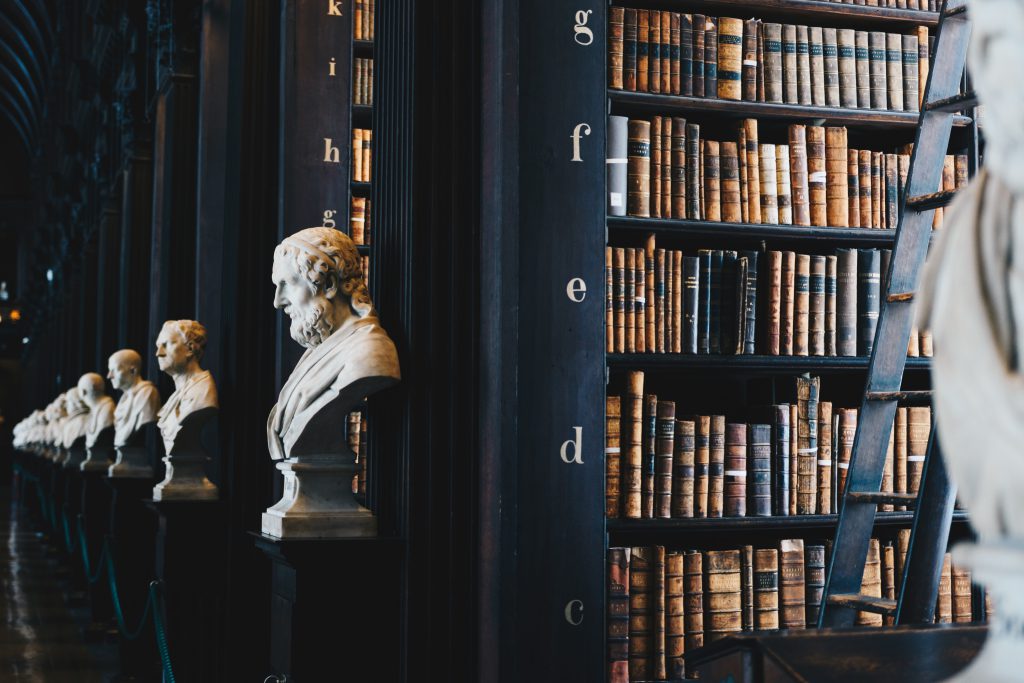By Carmen Mia de Maria Tello Roig
Panicked librarians and bookstore workers have come across a new sort of pressure and scrutiny: the anger of parents who want books they deem inappropriate removed from the shelves. These wanted “dead or alive” book lists that are spread on Facebook groups have opened up the conversation on what gets to sit on school shelves and why book bans are striving to target books dealing with race, immigration, and gender issues. Currently, there’s a concerning amount of demonization of literature as a whole and the widespread idea among parents that anti-intellectualism is preferable to discussing sensitive topics with students.
As of January 2023, there have been 2,532 books that have been flagged as unsuitable for the average teenage and school-aged consumer. One place where someone might find clamors calling for the removal of certain book titles might be the online space given to Utah Parents United. This group currently pushes for the confiscation of indecent books. Senator John D. Johnson, a representative of the state of Utah, congratulated parents for the censorship and agreed with the declaration that unapproved content could potentially cause a “public health crisis.” With such drastic measures being taken against literature (often attacking minority lead stories), publishing houses, authors, and reviewers are uniting to shine a light on why books dealing with sensitive topics shouldn’t be banned and why the simple act of denying a book impacts the rights of the reader.

Recently, Anne Frank’s Diary: The Graphic Adaptation was taken out of Florida libraries because of its “inappropriate nature” due to Anne Frank’s descriptions of her first kiss and her fancying for Jacqueline van Maarsen, a girl. The education board argues that these details minimize the events of the Holocaust and that it promotes behaviors their students should not be exposed to. Often these behaviors highlight how Jewish people made do despite persecution, and it can not be ignored that book banners view the Holocaust as so alienated from themselves that even entertaining the thought that Holocaust victims and survivors could’ve been ordinary citizens — and not numbers attached to a camp ready to pass on a life-lesson seems to frazzle them.
The same could be said about the Maus’s protagonist, Vladek, whose introduction in the story is done through his sheik-like activities and indulgent self-interested behaviors. All the accusatory call-outs from states planning to ban the book point fingers at Vladek’s womanizing past times. But Spiegelman purposefully inserted these details to introduce his father as a man not reduced by victimhood. A lot of the strong language used by and around Vladek also helped illustrate his ordinary life in Poland before the German invasion. Vladek is more than the violence that he and his family experienced throughout the Holocaust; to negate this would be to un-humanize a Holocaust victim and sets a dangerous precedent that society can only understand collective sorrow and pain only if it falls under the umbrella of “appropriateness.”Â
When Art Spiegelman wrote Maus, he never denied any of his family members, especially his father, the right of a personal, messy human experience. Yet we see a movement of parents and educators who wants to reverse the important emphasis writers, and researchers have put on individual and familial narratives when writing about genocide.
Under the guise of appropriateness and moral correctness, we see a larger population of people target titles in circulation that they find make their children feel guilty for being white and American. The feeling of uncomfortableness felt by white conservative mothers can only be described as playing sword fight with air-filled balloons and getting hit in the thigh: a non-existent injury. The mere idea that kids shouldn’t hear the realities of refugees and POC because it makes them and their families uncomfortable is scary. What is more important to school boards and libraries, the representation of marginalized groups or the non-existent injuries endured by the parents of white children?
Asylum seekers, particularly, already step into a country where they are inadequately represented in literature, with much of the representation glorifying the American government’s role in their lives. If the represented people in books can not speak for themselves freely through literature, then doesn’t that render them powerless?
The Australian author and refugee Anh Do experienced it firsthand when his books were banned in a U.S school district due to indoctrination claims and the fact that it was too pro-activism, thus triggering the educational board into thinking that a refugee wanting change is “an act of activism that was too divisive.” After thousands of people and a student majority protested, the ban was lifted, and on January 2022, Anh Do’s were back on the bookshelves. Unfortunately, as the expansion of book bans grows across America, book bans and the wait times to overturn decisions cause a great inconvenience to kids and students who may need those books.
Moreover, this large necessity of books (often life-saving, validating books), can be heard from all corners of the United States. Book bans will continue to fluctuate across the country, and the responsibility of showing up and protesting book bans lies within us.






